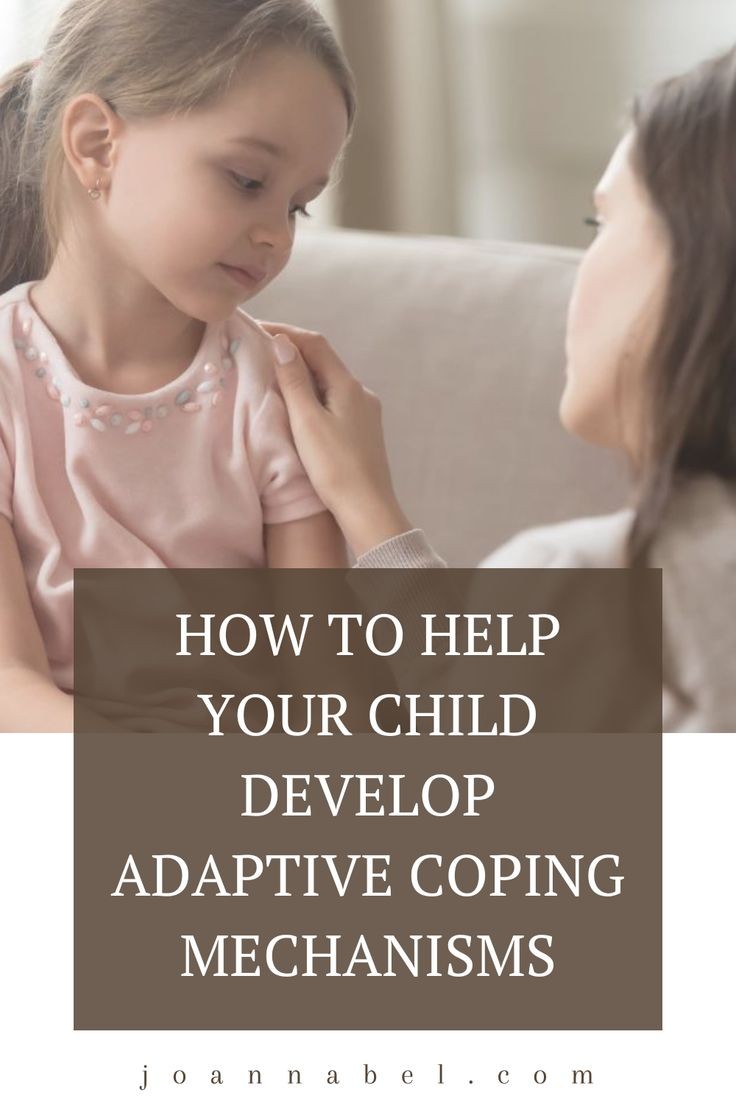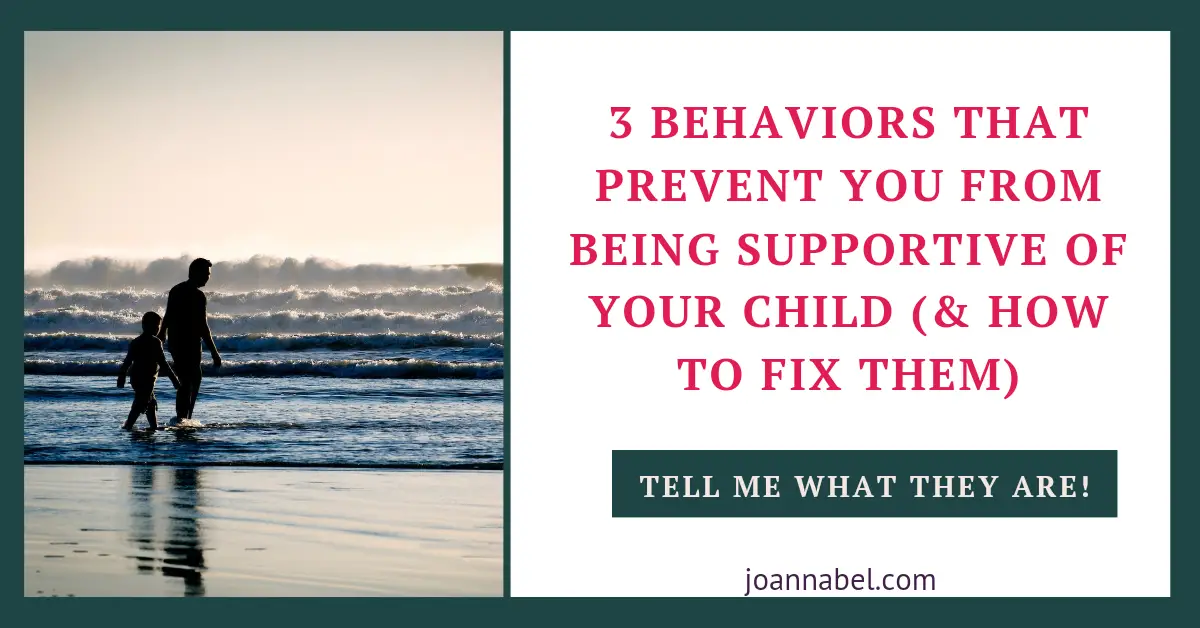Every child faces challenges, from the daily stresses of school to social interactions with peers and manage their lives in the way they know. As a parent, supporting them in developing healthy coping mechanisms is crucial for their emotional stability, mental well-being, and overall resilience.

This guide relies on the most important information concerning coping and several actionable steps to help parents support their children in managing emotions and enable them to feel more in control of difficult situations.
Note: Although I am a Clinical Social Worker, engaging with this website does not establish a professional social worker-client relationship. The information provided here is for general purposes only and should not be considered professional advice. While we strive to ensure accuracy and reliability, this content is not a substitute for professional guidance. For specific concerns, issues, or situations, it is essential to consult a qualified professional and present your situation. Read the full Disclaimer here.
What Coping Strategies Are
Coping strategies serve as protective factors against risks. Coping, on the other hand, is a neutral process involving adaptation to challenging circumstances that test or exceed an individual’s (child’s) resources, aiming to restore balance.
These strategies include:
- Problem-solving skills (seeking information, exploring alternatives, or adjusting goals).
- Emotion regulation (managing emotional responses, controlling impulses in high-stress situations).
- Assessing difficulties (analyzing situations logically, finding meaning, and identifying solutions).
Effective coping minimizes stress threats or enhances tolerance, helping maintain positive self-image, emotional stability, self-esteem, and social functioning. Support systems like physical health, social bonds, rational thinking, and belief systems play a backing role in managing stress.
Activities individuals choose in a stressful situation can be behavioral (e.g., direct actions, seeking information) or mental (e.g., reframing situations, using defense mechanisms).
The Usual (Adaptive) Healthy Coping Strategies
The usual adaptive coping strategies include (Lazarus & Folkman, 1984):
- Confrontation: Actively addressing the stressor.
- Planning: Strategizing and gathering resources.
- Social support: Seeking help from family, friends, or community.
- Self-control: Maintaining emotional distance to respond rationally.
- Positive reframing: Finding meaning or benefits in challenges.
- Accepting responsibility: Proactively solving controllable issues.
- Avoidance: Useful in unsolvable or dangerous situations.
- Combined strategies: Using multiple approaches for flexibility.
Resilience emerges when protective factors (such as coping strategies + support systems) and coping actions succeed, enabling individuals/children to overcome adversity.
This means that when dealing with risks in life we should focus on neutralising them by relying on protective factors. Not on trying to eliminate the existence of risks, since this isn’t possible.
What this implies is that, as a parent, you need to respond well to the tension between a child’s dependence and independence to help enhance resilience. Instead of practicing excessive protection, where child becomes to dependent on you, or a lack of protection (support) from you, where a child grows to be too independent.
Read also:
- How To Raise An Independent Child – 9 Principles To Follow
- 5 Characteristics Of An Independent Child
- 10 Reasons Why It Is Important For A Child To Be Independent
The Importance Of Good Coping Mechanisms
Coping strategies or mechanisms are essential for both adults and children as they help them process and adapt to life’s challenges. Without the right tools, kids may struggle to express themselves or begin acting out in disruptive ways, affecting their emotional growth and relationships.
Not knowing how to manage themselves while dealing with stressful events can lead to self-destructive and avoidant behaviors as teenagers or adults. Especially if this comes in combination with insufficiency of other protective factors, such as having the right support system at hand.
If they foster good or adaptive coping strategies early on, this provides children with a solid foundation for:
- handling difficult emotions,
- dealing with stressors with efficiency,
- responding successfully to challenging situations, and
- active problem-solving throughout their lives.
Coping Mechanisms For Children

Children can use various coping mechanisms with the goal of restoring balance. Some skills emphasize emotional regulation, while others focus on problem-solving. Understanding that each child is unique in how they cope is vital in guiding them effectively.
Children might naturally gravitate toward certain activities, such as creative expression, going outside, or grounding themselves through breathwork, which allow them to channel energy positively.
I’ll provide several tips on how to support your child in adopting adaptive coping strategies, but I’ll mostly focus on the regulation of emotions, in order not to overburden the post but still give you enough guidance.
How To Support Your Child In Adopting Healthy Coping Strategies
Influencing your child to focus on adaptable coping strategies involves patience and understanding, as each child may respond differently to various actions.
Let’s mention five practical ways to help your child develop these essential skills.
1. Model Good Emotional Regulation
Children often learn by watching their parents and immitating them. Demonstrating good emotional regulation while handling conflicts or stressful situations can teach your child how to manage their feelings.
Share your thought process when handling emotions, showing them calmness and rational thinking even when things get tough.
2. Help Identify Their Emotions
It can be difficult for young children to understand the emotions they are experiencing and how it manifests physically. Encourage your child to articulate their emotions by asking open-ended questions.
When your child understands that it’s okay to feel the way they do, and they can ‘detect’ how they feel, they’re better equipped to manage those emotions.
3. Encourage Sharing And Open Discussions
Create a safe space where your child feels comfortable discussing their feelings. Regularly check in with them, especially if they seem troubled.
Ask them to share both the good and bad parts of their day. Knowing they have a supportive listener helps them feel validated and less alone when going through hard times.
4. Praise The Child’s Use Of Adaptive Coping Skills
When your child uses an adaptive coping mechanism, acknowledge and praise their behavior. Positive reinforcement encourages them to continue using those strategies.
For example, if they express their emotions verbally and seek your support instead of only acting out or keeping everything for themselves, celebrate this choice with them.
5. Consider Seeking Professional Help
Sometimes, children need additional support beyond what parents can provide. If your child faces lack of coping strategies that would enable them to respond to the challenges they face, which affected their mental health or functioning, consider seeking guidance from a professional. It might benefit your child to see a psychiatrist to explore everything deeper and find solutions.
If you decide to find a professional to help your child, don’t forget that it’s not about ‘fixing’ your child. The whole family creates a dynamic that’s more or less balanced depending on the family system, which affects all family members, especially the most vulnerable ones (kids).
This means that what we put in the system, it gets out. You should analyze whether you have contributed to the problem in some way, in combination with conditions (environment) in which the family exists that also play a part in it. Naturally, you don’t always have control over conditions, and this should be acknowledged as well.
You can book a consultation to talk about you so that you can get the support you need, just like your child.
Situations In Which Children Are (Not) In A Position To Adopt New Knowledge
When it comes to parenting, timing can be crucial in many situations. It’s so tempting to try and teach children mid-tantrum. However, it’s a good idea to reconsider, as this will make both of you more frustrated. Since ramped-up child is not ready to receive your explanations or teaching, no matter the amount of valuable knowledge you have to drop on them.
If you want your child to respond to your teaching, it’s better to wait until they are calm. And you should help them ‘get it together’ by soothing or guiding them to self soothe (depending on their age, since in case of young children you’re the one who has to do the soothing).
By supporting children in fostering adaptive coping mechanisms, children can manage their emotions and work through difficult situations in a much better way.
Latest Posts:
- Gifts for Your Teenager That They’ll Actually Enjoy

- 6 Reasons Your Teenagers Seem Distant and Distracted

- Special Gifts to Let Someone Know You’re Thinking of Them (13)

- 100 Ways to Challenge Yourself (Without Stretching Yourself Too Thin)

- What To Do When Your Parent Struggles With Alcohol

- How To Navigate Moving to a New Home With Your Kids

Final Thoughts On Helping A Child Adopt Adaptable Coping Strategies
Giving an opportunity to a child to adopt adaptive or healthy coping mechanisms is a gift that will benefit them for life. By modeling emotional regulation, helping them identify feelings, and encouraging open discussions, you create a supportive environment where they can thrive.
Praise their efforts, and seek help when necessary. As you create an atmosphere and an environment where they can develop these skills, you’ll give your child the tools they need to handle life’s challenges confidently.
I hope you found this helpful and I’ll see you in my next post, such as:









Leave a Reply